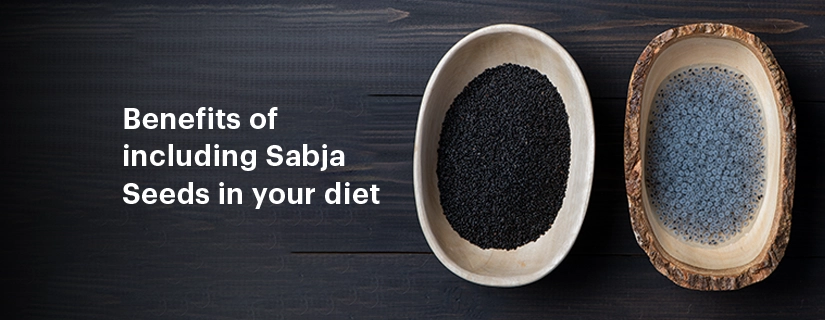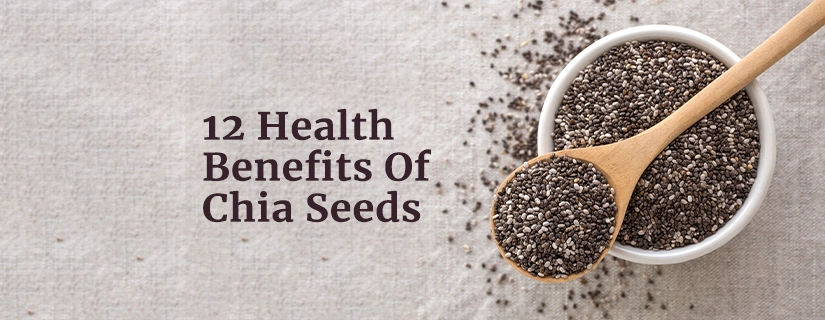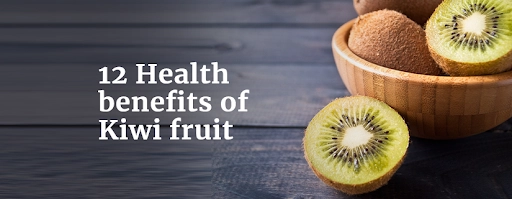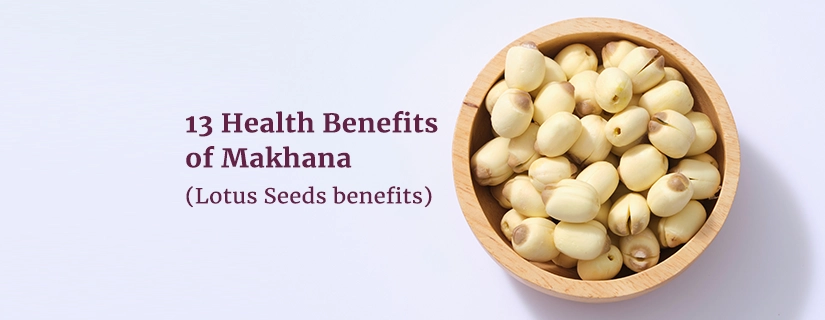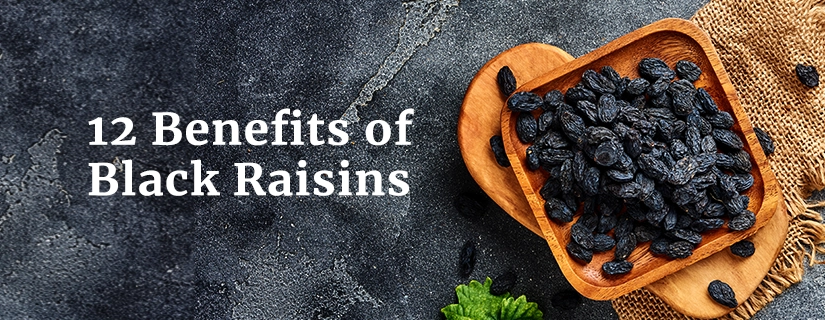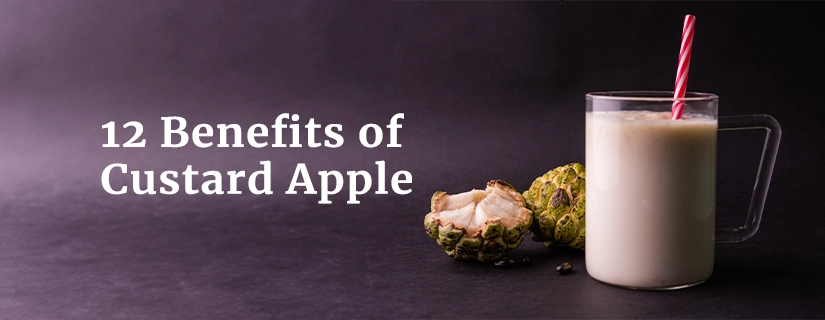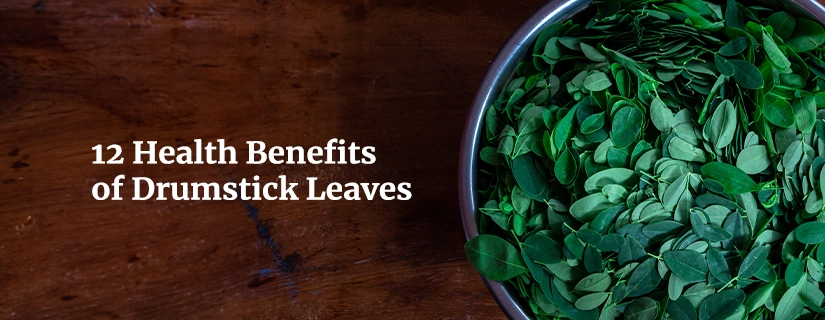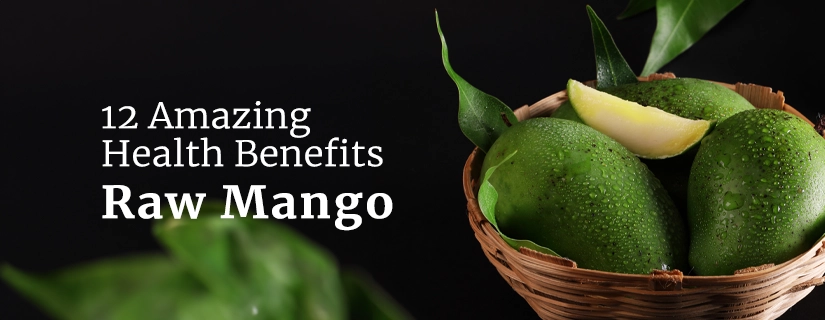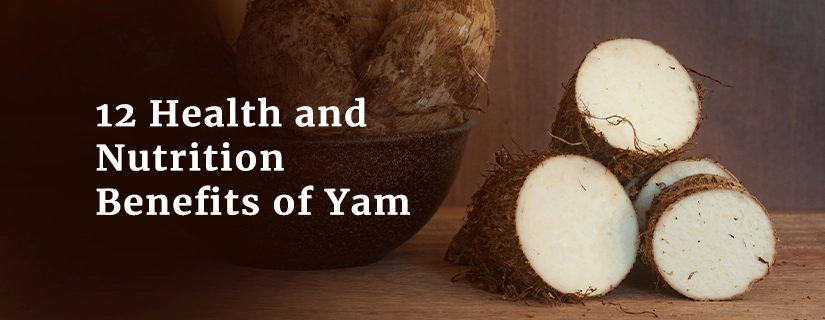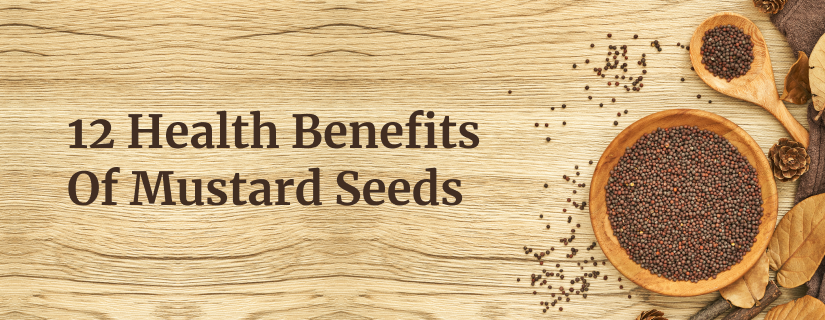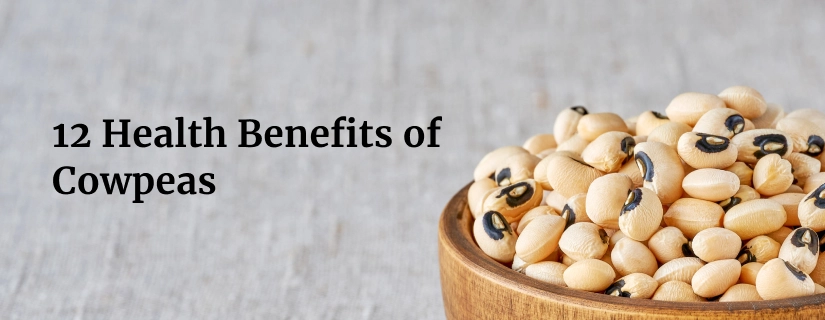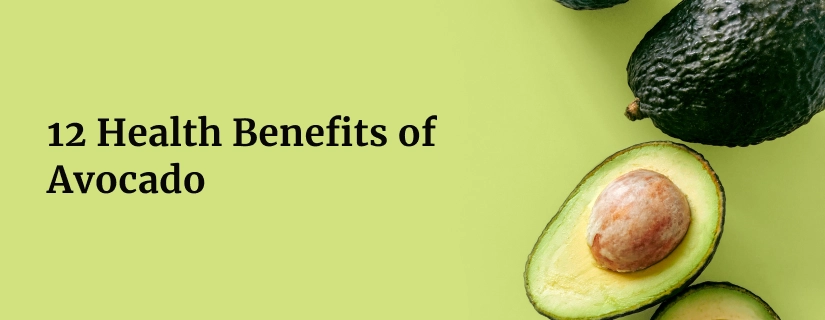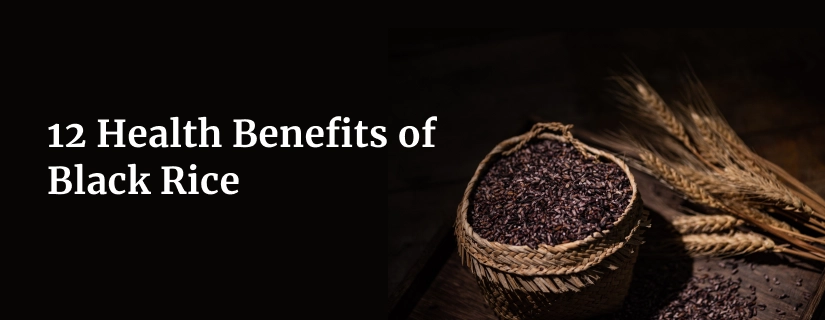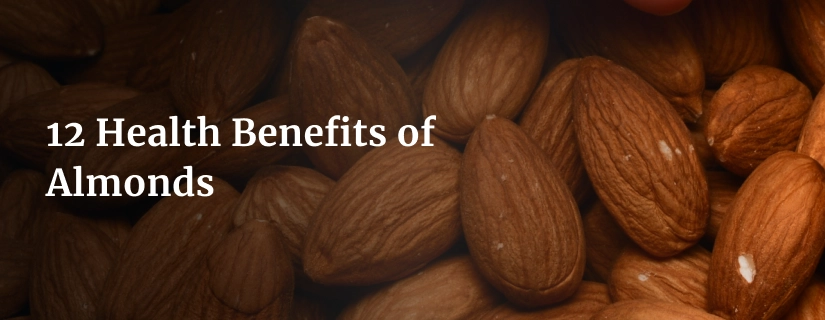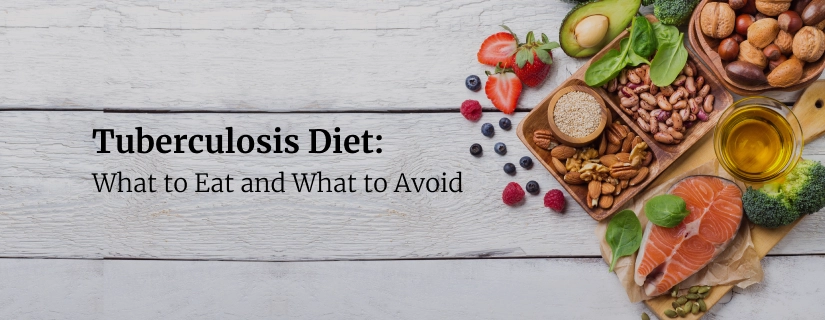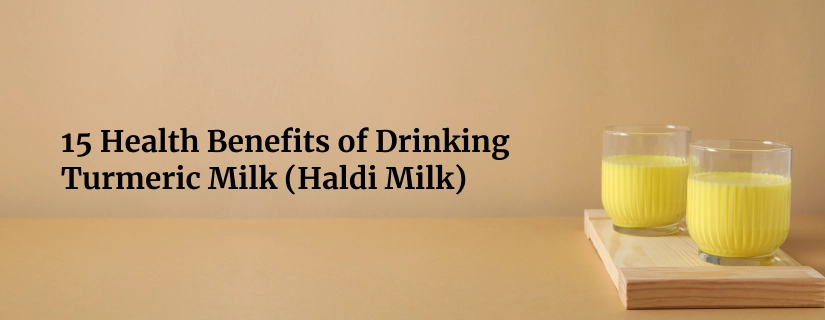-
Doctors
-
Specialities & Treatments
Centre of Excellence
Specialties
Treatments and Procedures
Hospitals & Directions HyderabadCARE Hospitals, Banjara Hills CARE Outpatient Centre, Banjara Hills CARE Hospitals, HITEC City CARE Hospitals, Nampally Gurunanak CARE Hospitals, Musheerabad CARE Hospitals Outpatient Centre, HITEC City CARE Hospitals, Malakpet
HyderabadCARE Hospitals, Banjara Hills CARE Outpatient Centre, Banjara Hills CARE Hospitals, HITEC City CARE Hospitals, Nampally Gurunanak CARE Hospitals, Musheerabad CARE Hospitals Outpatient Centre, HITEC City CARE Hospitals, Malakpet Raipur
Raipur
 Bhubaneswar
Bhubaneswar Visakhapatnam
Visakhapatnam
 Nagpur
Nagpur
 Indore
Indore
 Chh. Sambhajinagar
Chh. SambhajinagarClinics & Medical Centers
Book an AppointmentContact Us
Online Lab Reports
Book an Appointment
Consult Super-Specialist Doctors at CARE Hospitals
15 Health Benefits of Castor Oil and its Nutritional Facts
Updated on 10 September 2024

Castor oil, taken out from the seeds of the castor plant, has been used for thousands of years for its remarkable health benefits. It has garnered immense popularity for its wide range of health, beauty, and everyday uses. The advantage of castor oil lies in its unique composition, which is rich in ricinoleic acid, which gives it powerful anti-inflammatory and antimicrobial properties.
Castor oil has many purposes, from improving skin health to boosting hair growth. It can help with digestive issues, reduce joint pain, and support immune function.
However, it's essential to be aware of potential castor oil side effects and use it correctly. Let's explore the health benefits of castor oil, its nutritional value, and various medical uses.
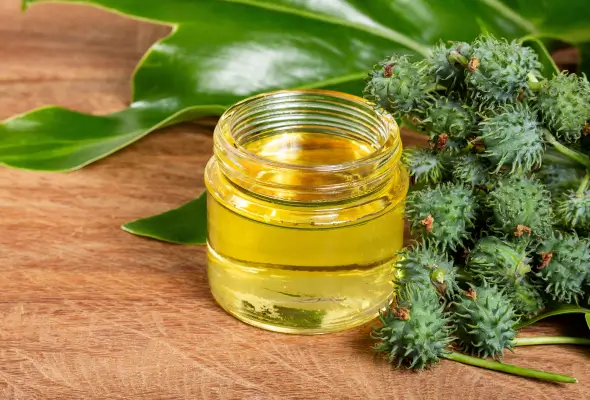
15 Health Benefits of Castor Oil
Castor oil, obtained from the Ricinus communis plant, has been used for thousands of years for its remarkable health benefits. This versatile oil offers numerous advantages for everyday use. Here are 15 essential health benefits of castor oil:
- Natural Laxative: The FDA has approved castor oil as a stimulative laxative for the temporary relief of occasional constipation. It works by activating receptors in the intestine, causing muscle contractions.
- Bowel Preparation: Castor oil helps in medical procedures like colonoscopies by cleansing the bowel effectively.
- Anti-inflammatory Characteristics: The ricinoleic acid in castor oil has anti- inflammatory effects, potentially helping with conditions like arthritis.
- Wound Healing: Castor oil creates a moist environment that promotes wound healing. It's often used in clinical settings combined with other ingredients.
- Antimicrobial Action: The oil has antibacterial and antimicrobial properties, which may help fight infections.
- Skin Moisturiser: Rich in fatty acids, castor oil acts as an effective moisturiser for skin care.
- Hair Care: Some people use castor oil for natural hair treatment, including hair growth, dry scalp, and dandruff. However, scientific evidence for hair growth is limited.
- Denture Care: Castor oil may help combat fungi like Candida that commonly grow on dentures. This property makes this versatile oil helpful in preventing denture-related oral issues.
- Pain Relief: When applied topically, castor oil might help alleviate pain, particularly in cases like knee arthritis.
- Induce Labour: Traditionally, castor oil has been used to aid uterine contractions, though this use isn't FDA-approved.
- Lipid Metabolism: Castor oil may affect lipid metabolism, although more research is needed in this area.
- Digestive Health: Beyond its laxative effects, castor oil might support overall digestive health.
- Immune Support: Some studies suggest castor oil may have immune-boosting properties.
- Industrial and Pharmaceutical Uses: Castor oil is used in various industries, including as a lubricant and pharmaceuticals.
- Potential Acne Treatment: While not scientifically proven, some people use castor oil to combat acne due to its antibacterial properties.
Uses of Castor Oil
Castor oil has many applications in cosmetic, medical, and industrial fields. This versatile oil offers numerous benefits for skin, hair, and overall health.
- Castor oil acts as a natural skin moisturizer, helping to hydrate and rejuvenate the skin.
- It has antimicrobial and anti-inflammatory properties, making it helpful in treating acne and diminishing skin inflammation. The oil's low comedogenic score means it's unlikely to clog pores, making it suitable for sensitive skin.
- In hair care, many people use castor oil as a natural treatment. While scientific evidence for hair growth is limited, its moisturising properties can help improve hair texture and overall health.
- Medically, castor oil is FDA-approved as a natural laxative for occasional constipation. It stimulates muscle movement in the intestines, providing quick relief. However, it should not be used long-term without consulting a doctor.
- Castor oil creates a favourable environment that promotes wound healing and prevents drying out. It's often combined with other ingredients in ointments for wound treatment in clinical settings.
- Industrially, castor oil is a lubricant used in various manufacturing processes. It's also found in food products and pharmaceuticals, showcasing its versatility beyond personal care applications.
Castor Oil Nutrition Facts
Castor oil has a unique nutritional profile that contributes to its various health benefits. This odourless oil has a high density and a rich composition of fatty acids and other nutrients.
A tablespoon (approximately 15g) of castor oil contains:
- Calories: 120
- Total Fat: 14g
- Protein: Og
- Carbohydrates: Og
- Fibre: Og
- Sugar: Og
The nutritional breakdown per 100g of castor oil is as follows:
|
Nutrient |
Amount |
|
Energy |
877 Kcal |
|
Total Fatty Acids |
99.90g |
|
Saturated Fatty Acids |
33.96g |
|
Polyunsaturated Fat |
25.57g |
|
Monounsaturated Fat |
40.77g |
|
Cholesterol |
0 |
|
Sodium |
122.8mg |
Castor oil has copious ricinoleic acid, a monounsaturated fatty acid that gives the oil many of its beneficial properties. It also contains small quantities of vitamin E, omega-6, and omega-9 fatty acids.
It's important to note that castor oil isn't edible due to its unpleasant taste. However, some people consume small amounts for medicinal purposes. The oil undergoes a heating process during production, deactivating the toxic enzyme ricin and making it safe for use. Castor oil has no harmful additives, making it suitable for facial and body use. Its unique composition allows various applications in medicine, industry, and pharmaceuticals. You can find it in food products, medications, skincare items, industrial lubricants, and biodiesel components.
Conclusion
Castor oil is a versatile product with many applications. Its unique composition, rich in ricinoleic acid, gives it powerful anti-inflammatory and antimicrobial properties, making it valuable for skin care, hair care, and various medical uses. From acting as a natural moisturiser to its potential in wound healing and digestive health, castor oil affects many aspects of wellness.
The advantages of castor oil extend beyond personal care to industrial and pharmaceutical uses. Its nutritional profile, dominated by fatty acids, contributes to its effectiveness in different fields. While more research is needed to fully understand its potential, the current evidence suggests castor oil can be an asset to one's daily routine. As with any natural remedy, it's crucial to use castor oil correctly and be aware of possible castor oil adverse effects to make the most of its benefits safely.
FAQ's
1. Are there benefits to putting castor oil in your belly button?
This practice is rooted in Ayurvedic and traditional medicine, which suggests a Pechoti gland near the navel can absorb essential oils. However, there's no scientific evidence supporting the existence of this gland or any advantages of applying castor oil to the belly button. While it's unlikely to cause harm, there's no proven benefit.
2. What is drinking castor oil used for?
The FDA has approved Castor oil as a temporary treatment for constipation. It acts as an effective laxative by stimulating muscle movement in the intestines. However, it's not suitable for long-term use without medical supervision, as misuse can lead to complications.
3. Is castor oil good for the skin?
Castor oil has potential benefits for skin health. Its antimicrobial & anti-inflammatory properties may help reduce acne and puffiness. The oil's moisturising qualities can soften skin, decrease the appearance of wrinkles, and soothe sunburn. However, it's thick, so mixing it with a carrier oil before application is recommended.
4. Is castor oil good for hair?
While castor oil is often touted for hair benefits, scientific evidence is limited. Some people use it to moisturise the scalp, reduce dandruff, and improve hair smoothness and shine. It's also claimed to promote hair growth, including eyebrows and eyelashes.
However, excessive use can lead to buildup and even cause a rare condition called felting.
5. Can castor oil reduce belly fat?
No scientific evidence supports castor oil's direct effect on weight loss or belly fat reduction. While some claim its laxative properties aid weight loss, any observed weight decrease is likely due to temporary water loss or waste removal. Castor oil doesn't increase metabolism or decrease hunger. A balanced diet and regular exercise remain the most effective methods for sustainable weight loss.
To Book an Appointment, call:
ENQUIRY FORM
SELECT CATEGORIES
-
Neurosciences (16)
-
Neurology (37)
-
Neurosurgery (14)
-
Orthopaedics (48)
-
Oncology (33)
-
Obstetrics and gynecology (52)
-
Pulmonology (23)
-
Urology (20)
-
Nephrology (13)
-
Psychiatry (7)
-
Dietetics and Nutrition (111)
-
General Medicine (63)
-
Cardiac Sciences (32)
-
Vascular & Endovascular Surgery and Interventional Radiology (15)
-
Gastroenterology (46)
-
Endocrinology (23)
-
Plastic Surgery (10)
-
Critical Care Medicine (5)
-
COVID-19 (16)
-
Dermatology (16)
-
Emergency Care (1)
-
Ophthalmology (4)
-
Pediatrics (14)
-
Laparoscopic and Bariatric Surgery (8)
-
ENT (15)
-
Kidney Transplant (1)
-
Liver Transplantation and Hepatobiliary Surgery (5)
-
General Surgery (3)
-
Internal Medicine (5)
-
Medicine Information
Diet for Coronary Artery Disease: Foods to Eat and Avoid
12 Foods to Improve Uterus Health
YOU MAY ALSO LIKE
RECENT BLOGS
-

Preterm Birth (Premature Birth): Symptoms, Causes, Treatment and Prevention
13 May 2025
Read More
-

Rotablation Angioplasty: Benefits, Treatments, And Recovery Time
9 May 2025
Read More
-

What Is The Difference Between IUI and IVF?
9 May 2025
Read More
-

Venous Malformations: Causes, Symptoms, and Treatment
30 April 2025
Read More
-

Varicose Vein Foam Sclerotherapy: Treatment, Benefits, and Procedure
30 April 2025
Read More
-

Radiofrequency (RF) Ablation Treatment for Varicose Veins: Know More
30 April 2025
Read More
-

Varicose Vein Sclerotherapy: Treatment, Benefits, and Procedure
30 April 2025
Read More
-

Varicose Vein Endovenous Laser Ablation: Procedure, Benefits, Risks
30 April 2025
Read More
Have a Question?
If you cannot find answers to your queries, please fill out the enquiry form or call the number below. We will contact you shortly.


























